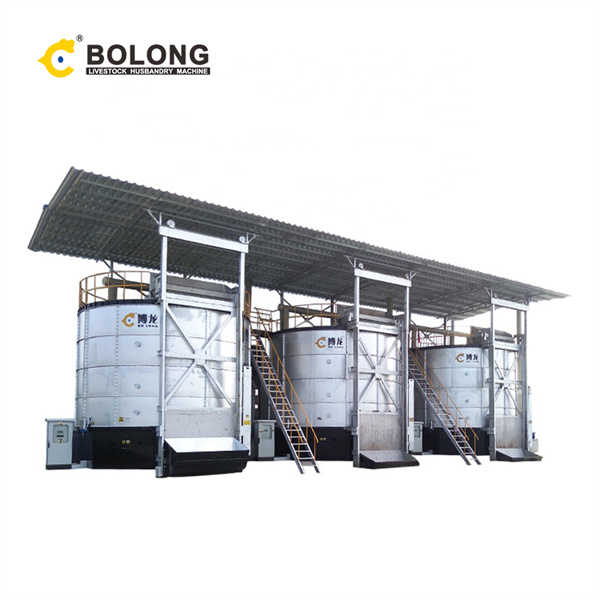Introduction: Developing countries face unique challenges in managing agricultural waste. Livestock fermentation tanks provide sustainable solutions for these challenges. This article explores the role of fermentation tanks in sustainable waste management in developing countries.
Waste Reduction: Fermentation tanks reduce the volume of raw manure, minimizing waste and its associated environmental impact. This is particularly important in regions with limited waste management infrastructure.
Resource Recovery: By converting manure into compost, fermentation tanks promote resource recovery and recycling. The compost produced can be used to improve soil fertility, supporting local agriculture.
Economic Development: Fermentation tanks create economic opportunities by producing valuable compost that can be sold locally. This supports economic development and income generation in rural communities.
Case Study: A livestock cooperative in Kenya installed fermentation tanks to manage manure. The cooperative reduced waste, improved soil health, and generated additional income by selling compost to local farmers.

Conclusion: Livestock fermentation tanks provide sustainable waste management solutions in developing countries by reducing waste, promoting resource recovery, and supporting economic development. These benefits enhance agricultural sustainability and resilience.